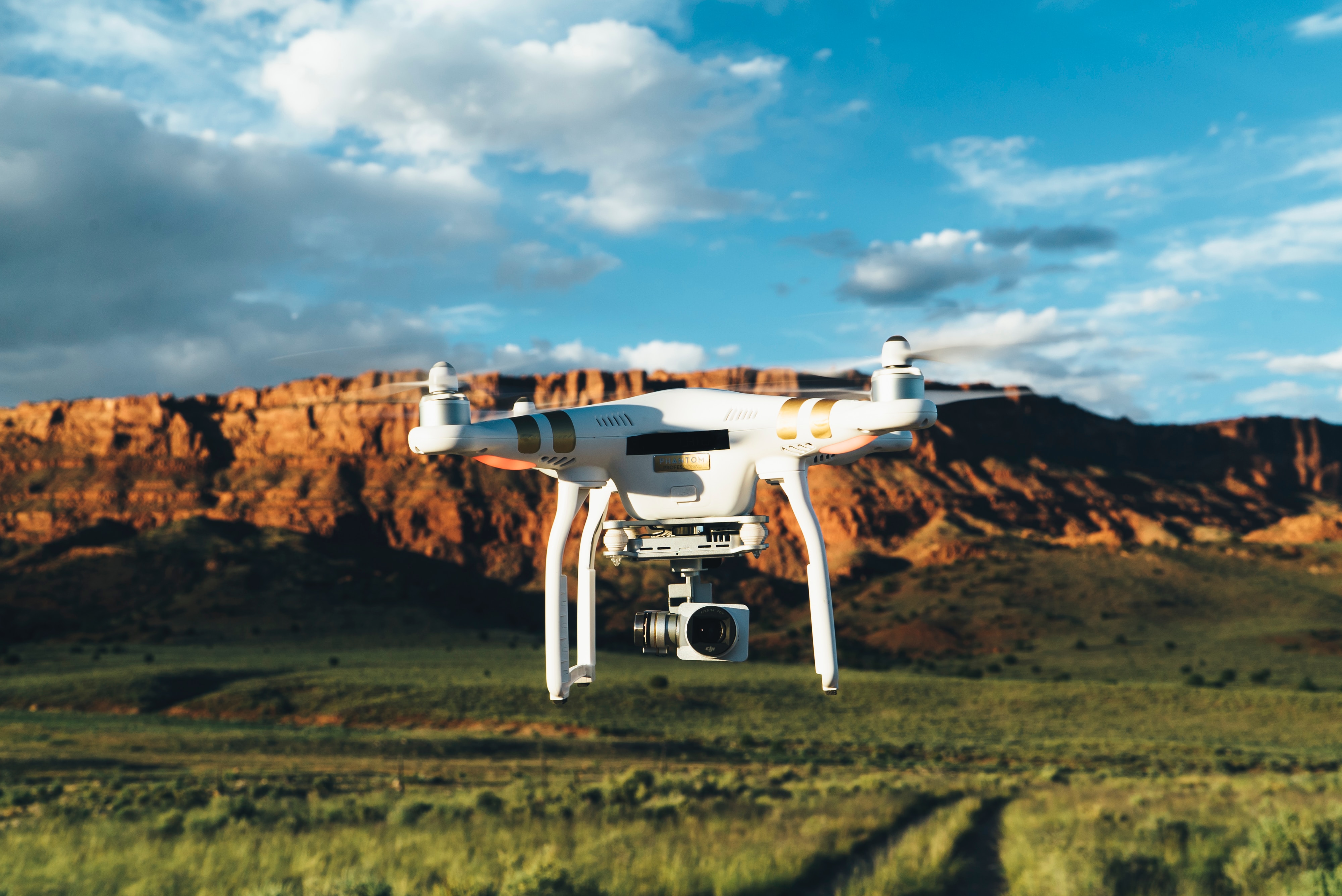
11 Nov A Pilot Run of Unmanned Aerial Vehicles
Drones are soon to be an ever-present technology in several industries. They are a key component to organizations’ efforts to increase work efficiency and work safety.
In many first world countries, the agricultural industry is using drones to replace modern-day farmers’ field jobs. Another commercial use of drones is surveying and exploration. Drones can quickly survey land at job sites, and can explore lands to gather geological information and find oil, natural gas, and other natural resources. Additionally, drones can be used to reach areas that have been devastated by natural disasters. They allow people to navigate the once unnavigable and deliver medical supplies, food, and water to those whose homes have been ruined.
While many of these jobs may continue to be replaced by drones, the jobs are often especially tedious and/or dangerous. Drone job replacement is often seen as a window to a bleak future, but it may open up opportunities for safer, less monotonous, and/or less physically taxing work to be done in the future–but only if people are trained for the work of the future. Additionally, it can save businesses resources, time, and money.
This is why it is imperative that people are trained to do and understand the work of the future. Nexis strives to facilitate this training, and, in this way, it is opening up a world of opportunities for students at the School of Information Studies at Syracuse University.



Sorry, the comment form is closed at this time.